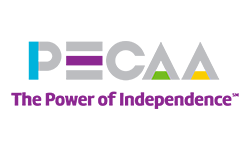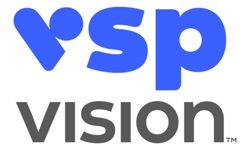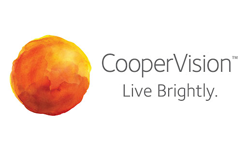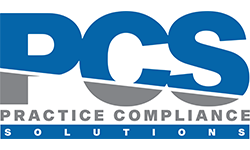Examining the critical importance of regular eye exams in children
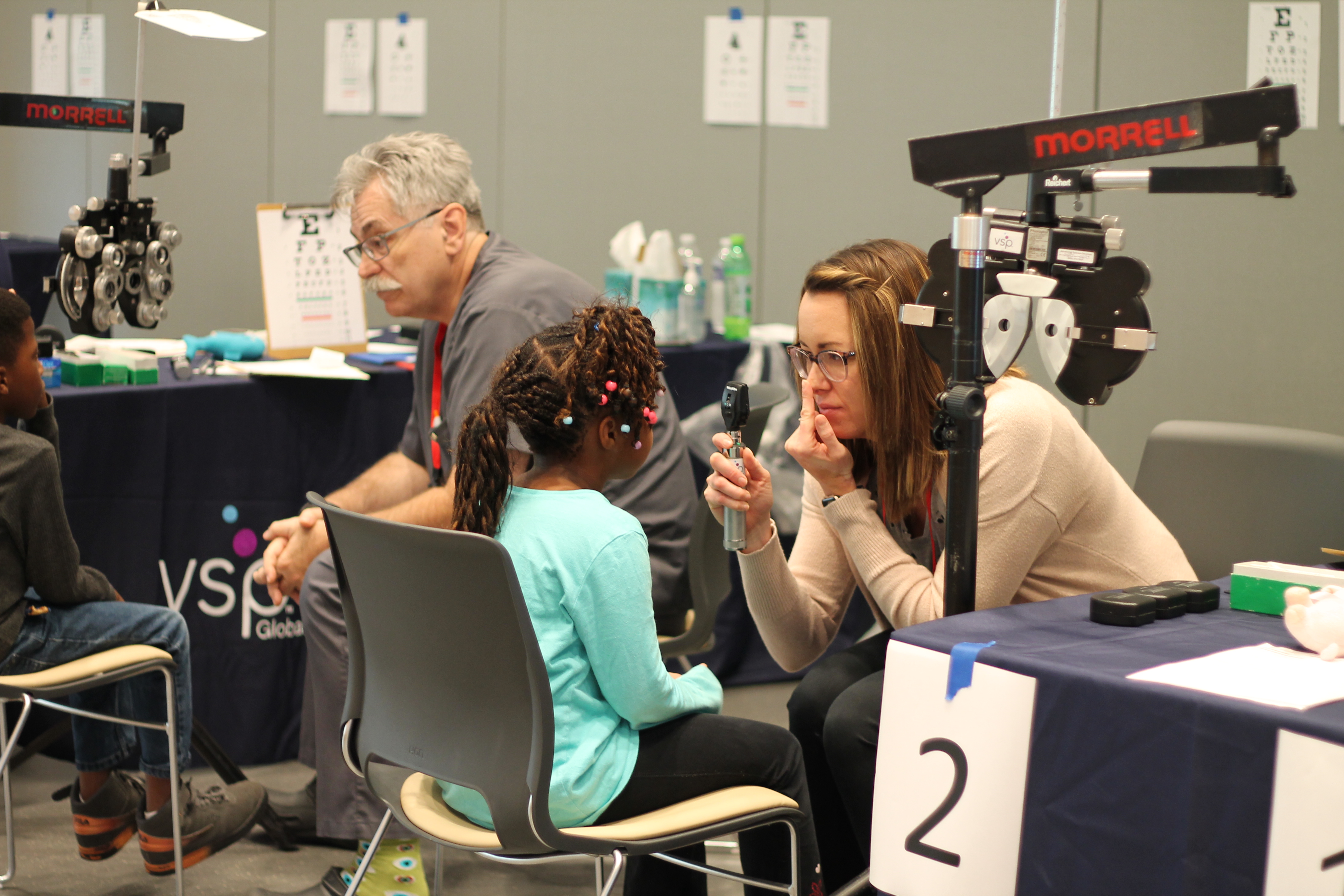
by Erin Draper, O.D.
Children’s eyes go through many changes during the early years of their lives. During this time, eye health examinations by an eye care professional are critical to ensuring proper development of the visual system.
Throughout childhood, regular visits to the pediatrician are vital to maintaining good health, but many parents do not think to take their child for an eye health examination with an eye care provider unless they suspect a vision problem. As a result, many children needlessly suffer with undiagnosed ocular health issues and enter into an academic environment without all of the proper visual skills needed for learning.
Undetected and untreated eye problems can have a serious impact on a child’s life. One in five children has a vision problem. These children may be limited in their ability to learn in school, participate in sports, and fully engage in the world around them.
Many children receive vision screenings in school or in a primary care setting, but screenings are inadequate to detect a range of serious eye and vision problems. Parents of children who “pass” a vision screening are given a false sense that their child’s eyes are healthy, when their child may in fact have a serious undiagnosed condition.
Routine school screenings provide limited testing procedures and are unable to detect a variety of conditions. Often, specialized equipment and procedures, which are not available as part of a screening, are needed to adequately evaluate a child’s eyes and vision status. Also, 61% of those children who do not “pass” screenings never visit the eye doctor for follow up examination.
Eye health examinations administered by an eye doctor, such as a Doctor of Optometry, include tests to determine nearsightedness, farsightedness, astigmatism, amblyopia (lazy eye), eye coordination, eye muscle function, and focusing abilities in addition to monitoring for any ocular diseases.
The National Academies of Science, Engineering and Medicine’s vision report underscores that comprehensive eye exams are “the gold standard in clinical vison care to most accurately identify and diagnose vison problems.” The research supporting the American Optometric Association’s evidence-based guideline, updated in 2017, recommends children receive a comprehensive eye examination during the first year of life, between the ages of 3 and 5, before entering 1st grade and annually thereafter.
In Nebraska, which now requires comprehensive eye exams for kids before entering school, an estimated 1 out of 8 students had an eye problem that would NOT have been detected during a school-based screening. The law in this state as well as others, such as Kentucky and Illinois, has significantly contributed to successful early intervention for vision problems, disorders and eye diseases.
Vision screening programs are not a substitute for an examination by an eye care professional. Millions of children are at risk due to undiagnosed eye and vision disorders. An undetected vision problem may result in a permanent reduction in the efficiency of the visual system. The only way to prevent years of needless suffering and failure for these children is by early diagnosis and treatment. Reliance on limited, non-diagnostic screenings does not effectively meet the vision needs of our children.
Our children deserve bright futures. The sooner eye problems are identified and treated, the better the outcome in childhood and beyond. Intervention helps children achieve their full potential. Start children out on the right foot toward academic success by insuring that they have all of the visual skills they need.
Here is a link to find an optometrist near you: www.poaeyes.org





